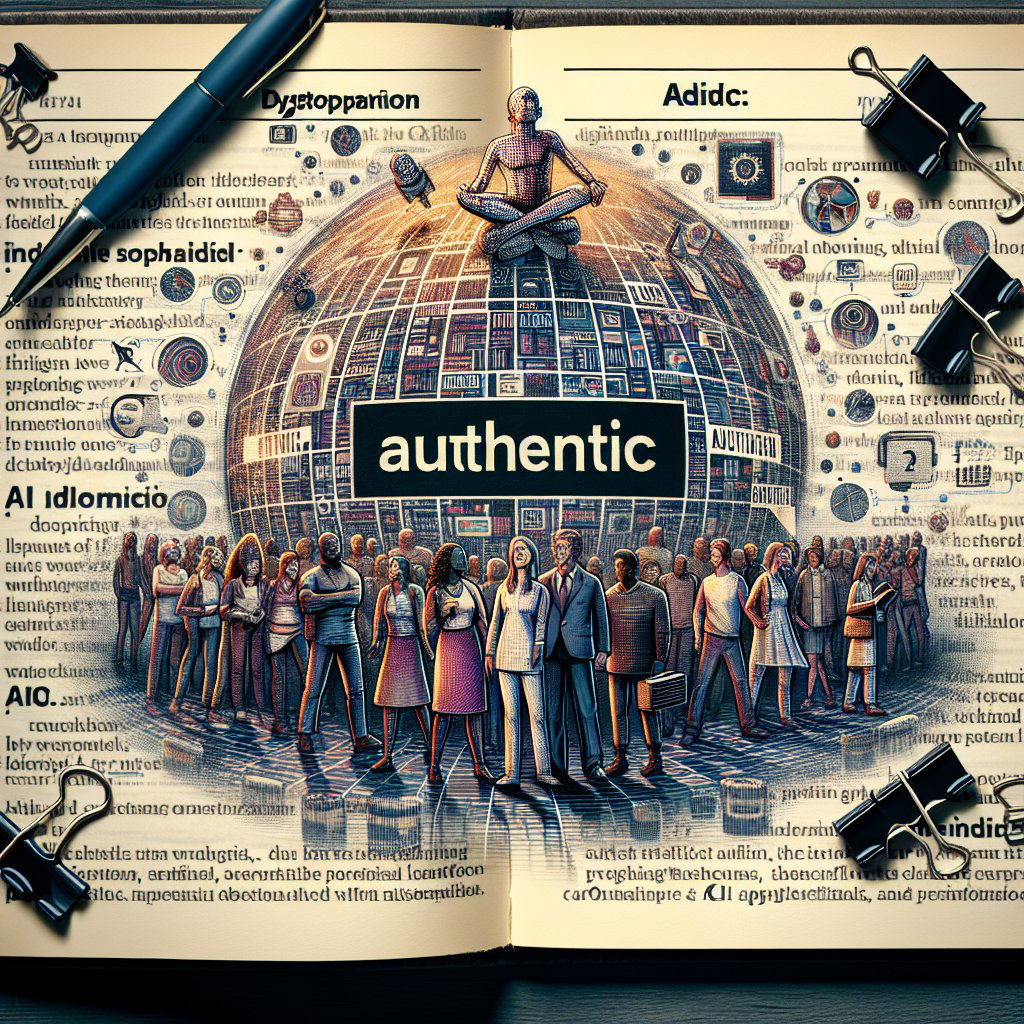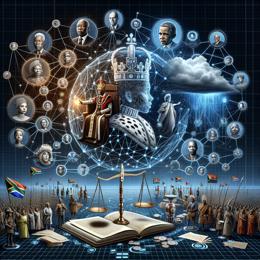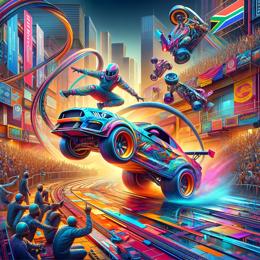Image: AI generated for illustration purposes
"Authentic" Crowned Word of the Year Amidst Rise of AI and Misinformation
In a year punctuated by technological advancements and concerns over the veracity of online content, Merriam-Webster has christened "authentic" as the word of the year. Merriam-Webster's selection reflects a broader societal quest for reliability and truth amidst a digital landscape rife with artificial intelligence (AI) applications and widespread misinformation.
Peter Sokolowski, Merriam-Webster’s Editor-at-Large, elucidated the significance of the choice, emphasizing a palpable yearning for trustworthiness in the realms of social media and marketing. The quest for authenticity is not merely a linguistic trend but resonates deeply with cultural and socioeconomic movements.
Amplified by stirring narratives and dialogues encompassing AI, celebrity ethos, personal identity, and social media dynamics, "authentic" saw a remarkable uptick in searches through 2023. This denotes a collective endeavor to navigate through the complexities of a society increasingly intertwined with digital interfaces.
Elucidated by the dictionary company, "authentic" embodies an aspirational characteristic; a trait around which individuals, including celebrities like Taylor Swift and Elon Musk, endeavor to sculpt their public personas. In the climate of omnipresent social media scrutiny, authenticity is not merely desired but fervently pursued by public figures.
Interestingly, terms associated with deception also experienced surges in attention. Searches for "deepfake" intensified, particularly in April, on the heels of claims by Tesla's legal team that cast doubt on Musk's proclamations concerning the safety of autonomous driving technologies.
The word's ascendancy was also punctuated by significant spikes in search trends and curiosity surrounding "X", which emerged in discussions aimed at unraveling the nuances of Musk's rebranding of Twitter in July. Entwined with broader considerations of digital authenticity, such as deepfakes and social media transparency, the cultural lexicon of 2023 narrates an intricate story of the public's grappling with reality and representation.
This year's lexicon also showcased a fascination with words like "dystopian," "indict," and "coronation," painting a picture of a public engaged with themes ranging from political dramas to ceremonial splendor.
In comparison, last year's linguistic champion, "gaslighting," pointed to widespread acknowledgment of psychological manipulation—a thematic continuum underscoring society's enduring contemplation of truth and perception.
Such linguistic snapshots serve not only as reflections of the zeitgeist but also as beacons to understand the evolutionary trajectory of public discourse. As society delves deeper into a future that challenges our ability to discern the genuine, words like "authentic" stand out as linguistic markers of our collective consciousness and concerns.
As 2023 closes, the choice of "authentic" as the word of the year encapsulates an era of introspection, urging us to reconcile the increasing complexity of artificial and real in our interconnected world.










